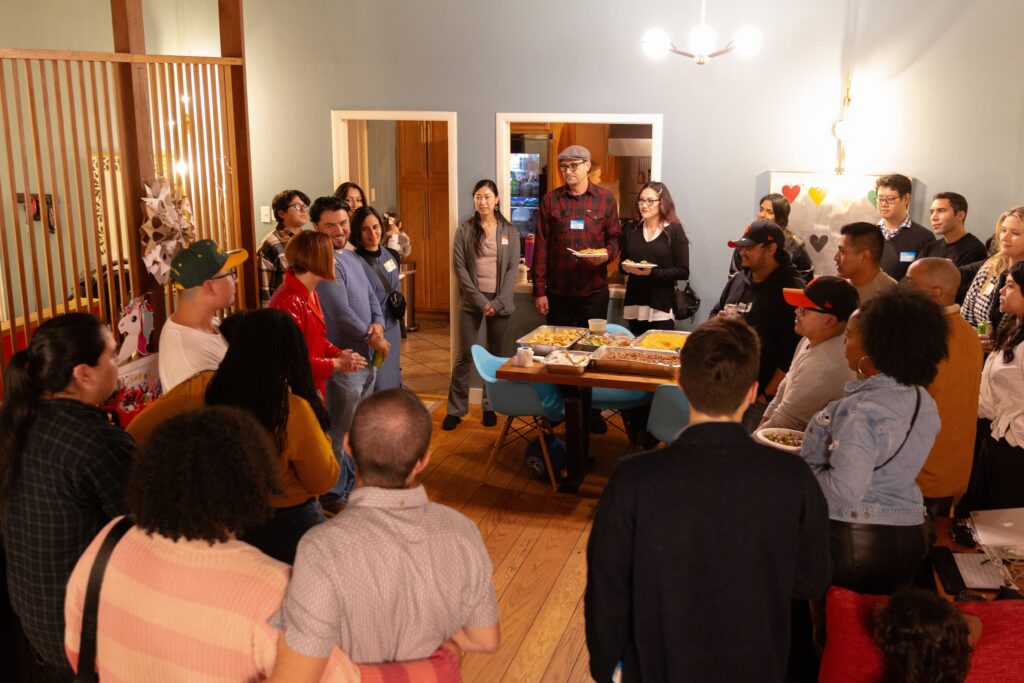Reflecting on the tenets that shape our educational practices is fundamental for …
Unlocking the Power of Social Capital for Career Success
Emma Wordsmith


An up-to-date survey revealed an impressive 85% of jobs get filled through personal relationships. Picture yourself connected to a network of accomplished professionals eager to listen to your career aspirations and navigate you through the professional landscape. For recent graduates embarking on their job search, understanding the significance of social capital — the network of connections that serve as the key to bypassing the competitive applicant pool — is crucial.
Regrettably, access to such networks is not uniformly available. Prestigious universities often aid students in fostering social capital through a variety of activities, such as a cappella clubs, dance, secret societies, dorm life, parties, and group projects. These engagements among peers lay the foundation for meaningful relationships that unlock opportunities for a lifetime.
Individuals from lower socioeconomic backgrounds face a significant disadvantage since they may not always have access to or engage in such activities. With time being a valuable asset, students who have to work to make ends meet have fewer chances to build connections.
Here’s the uplifting revelation: Studies have shown that the value of “weak ties,” or casual acquaintances, in securing job referrals is just as instrumental as that of close friends. This indicates that students don’t necessarily require long-standing deep relationships to create a robust network; they can enhance their networking skills and achieve the same results.
Community colleges, vocational programs, and high schools can transform into incubators of social capital by imparting the ability to forge professional relationships and gain access to alumni networks. Imagining students mastering the art of conversation, asking insightful questions, actively listening, and making compelling requests, they can elevate their networking prowess by engaging with industry professionals or alumni. This targeted approach equips students with the confidence to navigate the professional realm efficiently without extensive time investments in deeper friendships.
Educational institutions can play a pivotal role in enhancing students’ social capital and job prospects through a few key strategies:
- Assemble a dedicated team: Engage leaders, faculty, staff, and career services across the institution to strategize and implement social capital-building initiatives. This team can collaborate with alumni and professionals to create programs assisting graduating students in their job search.
- Offer specialized courses: Institutions should offer classes teaching students effective social capital building and leverage techniques. The curriculum can cover various subjects like personal storytelling, self-promotion, discovering connections, LinkedIn participation, crafting emails, follow-up methods, and conversational skills.
- Facilitate connections: After evaluating learners’ readiness, institutions can pair job seekers with alumni and connectors, fostering new relationships and expanding job referral opportunities. Recognizing that networking and job searching are acquired skills, institutions should provide continuous guidance and support throughout the process.
By aiding students in establishing connections with professionals, higher education can address the prevalent issue of student disillusionment with attending college. New graduates, particularly those from marginalized backgrounds, have been experiencing higher unemployment rates post-pandemic. Since January 2021, recent graduates have been facing tougher job prospects compared to other job seekers, with the gap widening. As the latest statistics show, the current unemployment rate for recent graduates stands at 4.4%, surpassing the overall joblessness rate and nearly doubling that of all college-educated workers.
These statistics are particularly concerning for students from low-income backgrounds and marginalized groups, underscoring the urgency of bridging the gap between academic preparation and real-world employment.
This shift in the approach of preparing students for the workforce presents a mutually beneficial scenario: Students gain valuable connections, alumni stay connected with their alma mater, and institutions witness higher graduation rates and reduced loan defaults.
Our education system requires revitalization. It’s time to acknowledge that preparing students for the future workforce extends beyond technical skills, and by prioritizing social capital development, schools and workforce programs can level the playing field, fostering a more diverse and skilled talent pool for businesses.
Let’s empower all students to navigate their career paths adeptly, avoiding the maze of job applications. The key to unlocking their full potential lies in social capital.
•••
Nitzan Pelman is the CEO of Climb Together, a nonprofit collaborating with schools and workforce programs to educate students on building social capital and cultivating relationships. She is also the founder of Climb Hire, a national nonprofit that merges relationships and social capital with high-demand skills to assist overlooked working adults in transitioning to new careers.



